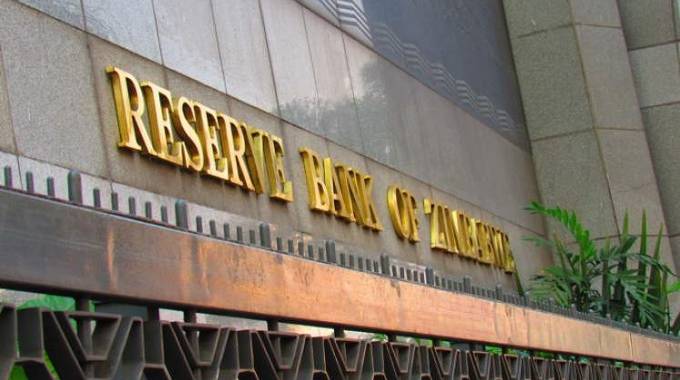AU hails members for progressive land policies

Ruth Butaumocho, ADDIS ABABA, Ethiopia
The African Union Commission has commended African member states for advancing, formulating and enforcing land policies that promote equitable access to land while protecting land rights and ensuring the sustainable utilisation of land resources.
Speaking at the ongoing land policy conference here, African Union Commissioner for Agriculture, Rural Development, Blue Economy and Sustainable Environment, Ambassador Josefa Sacko, said there has been noticeable momentum in the implementation of policies aimed at fostering sustainable land administration practices.
Ambassador Sacko said it was heartening that women’s land rights have also been getting attention, a commendable feat that needs to be sustained.
“One significant area of progress pertains to the advancement of women’s land rights, in alignment with the African Union agenda on land. The commitment to securing women’s land rights has gained significant attention and translated into concrete actions across various Member States,” said Ambassador Sacko.
Through targeted policy interventions like legal reforms and awareness campaigns, Ambassador Sacko said the Commission has been witnessing tangible progress in elevating the status of women as key stakeholders in land governance.
To ensure continuity and sustain the momentum, Ambassador Sacko said the African Land Policy Centre,(ALPC) has since started a process of developing the continental strategy for integrating gender within national land sector.
“In tandem with our progress on women’s land rights, we continue to address the dynamics of large-scale land based investments in Africa. The increasing interest from domestic and foreign investors in acquiring large tracts of land has prompted concerted efforts to ensure that such investments align with principles of responsible agricultural investment and look at the interests of local communities, and smallholder farmers, the majority of whom are women.”
Over the years, women have been struggling to own land, although pockets of achievements are now being recorded in many African countries.
World Bank reports that women in Africa contribute 70 percent towards food production either as farm labourers, yet the majority of them do not own land. Customary tenure arrangements and laws that regard women as minors, financial constraints and inheritance systems are some of the reasons why women still do not own land.
Zimbabwe has however notable achievements in ensuring that women have access to land through a quota system contained in the national Gender Policy which states that women should constitute 20 percent of all recipients of A2 farming land. Under this provision women can apply for A1 and A2 agricultural land.
“Commendable efforts have been made in Tanzania, Democratic Republic of Congo, Guinea and Malawi to assess women’s rights to land in policies and laws and take action to address gaps identified,” said Ambassador Sacko.
Because of the need to move as one bloc following the launch of the African Continental Free Trade Area ( AfCFTA), to consolidate gains made so far, Ambassador Sacko called on member states to promote regional economic integration.
“The AfCFTA stands as a monumental endeavour, offering unparalleled opportunities for economic growth, integration and prosperity across the African continent .









Comments